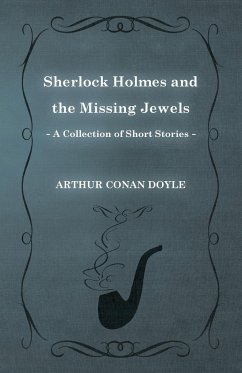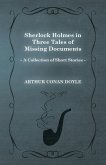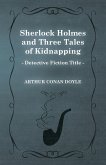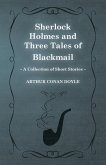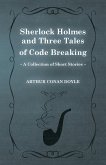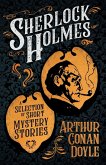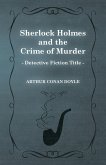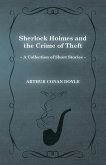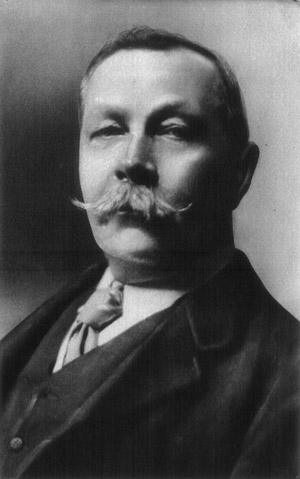This exciting collection of short stories follows literature's favourite detective, Sherlock Holmes, as he investigates three complex cases of missing jewels. These three tales will captivate fans of detective fiction and intrigue readers with their intricate plots and mysterious twists. In 'The Beryl Coronet' (1892), a banker is holding a small crown as collateral. When three of the crown's beryls vanish, seemingly at his own son's hand, the banker calls on Holmes to clear his family's name and recover the missing jewels. 'The Six Napoleons' (1904) sees a series of break-ins resulting in the theft and destruction of several plaster busts of Napoleon. Could there be a radical Napoleon hater on the loose, or is there a more sinister scheme behind the robberies? Finally, in 'The Mazarin Stone' (1921), Holmes has been tracking and following a diamond thief, but in protecting the valuable jewel, the master detective might have placed his life in the centre of a dark and dangerous plot. With his trademark intellect and attention to detail, Join Holmes as he navigates three complex webs of suspects and motives to uncover the truth behind these missing jewels. This new collection from Read & Co. Books features the original illustrations by Sidney Paget and a specially commissioned introduction.
Hinweis: Dieser Artikel kann nur an eine deutsche Lieferadresse ausgeliefert werden.
Hinweis: Dieser Artikel kann nur an eine deutsche Lieferadresse ausgeliefert werden.

